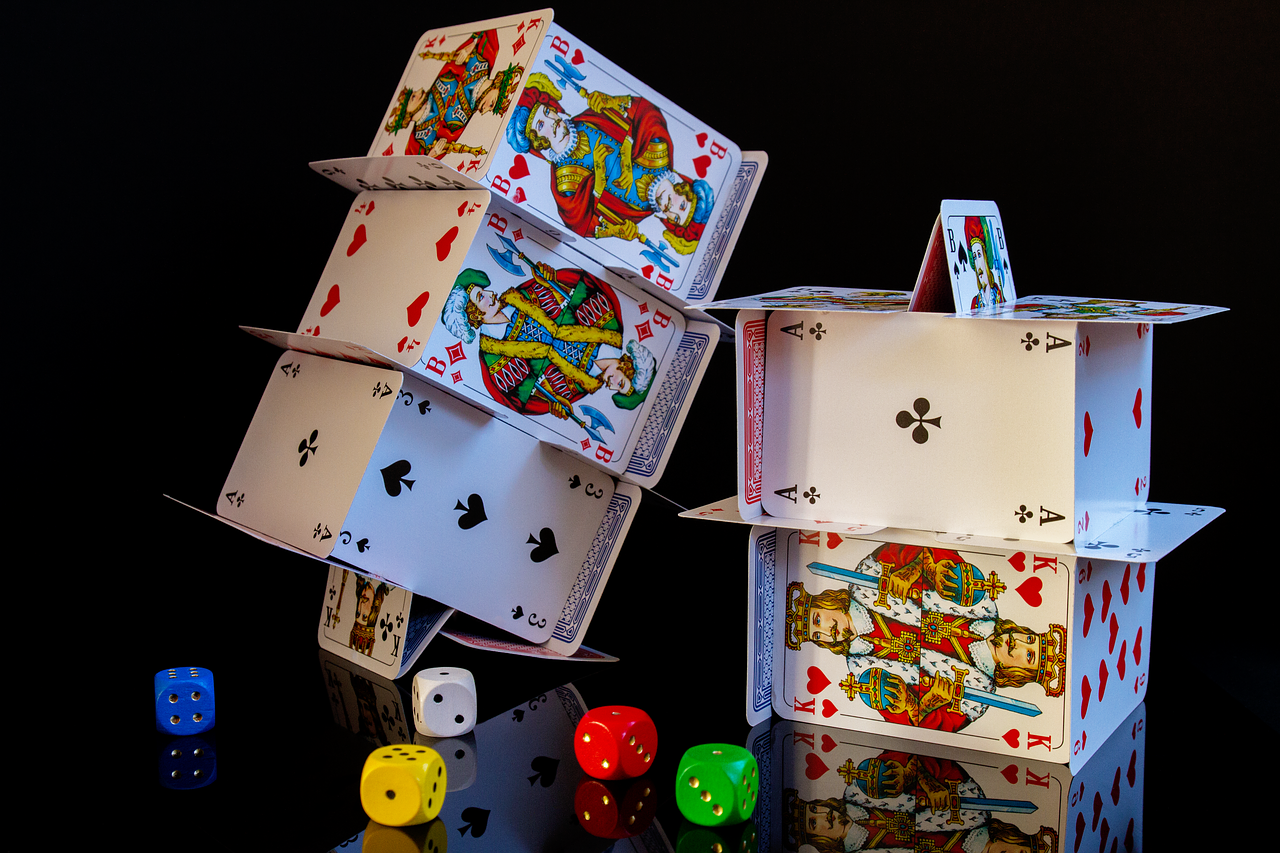Technology Shows the Way in Covid-19 Related Closures
Lockdowns and social distancing measures have undoubtedly created a new reality for most. While calling this “the new normal” could still be rushing to premature conclusions, this attitude shows the global shift in working and living conditions which affected billions worldwide.
Nothing illustrates better these changes such as the degree of technological and digital integration a business may possess. During lockdown approximately 71.31% of Indian businesses struggled with reduced revenues. Those companies, which could switch some of their business over to remote working and service provision, in most cases avoided serious fallout.
And then there are those businesses, “Covid-proof” – or rather, benefitting from the new paradigm – such as SaaS providers, Internet-of-Things companies, software developers and other digital service providers. Their growth has attracted the attention of the few investors left out there and of those wishing to enter their markets.
Gaming Companies a Big Winner
Online entertainment platforms have particularly enjoyed a considerable growth over the past few months. Recent business reports place the emphasis on Indian gaming companies which have experienced a triple rise in traffic and user bases. Representing the second largest game download market in the World (with more than 5 billion App installs), KPMG had already estimated the Indian online gaming industry to grow to over $ 1 billion before 2021, without considering Covid-related lockdowns and subsequent changes in consumption behaviour.
Spatial distancing and new daily habits have simply led many Indians to enjoy more online entertainment, including social gaming and online gambling. A high-tech lifestyle is something which makes physical isolation and the lack of “real-world” entertainment much more acceptable.
With gaming a favourite national pastime – cards, sports betting and small-time social gambling – online gaming has appeared a natural substitute even for those who did not consider it before. With more than 500 million internet users India is stably in the top 5 online gaming markets due ever more affordable mobile devices and some of the cheapest data plans in the world.
These factors had already led many startups and emerging businesses to invest in the Indian digital gaming market, driven by the potential and energy of hundreds of millions of tech-savvy entertainment-hungry young users. Thus, the number of serious Indian game development companies has grown tenfold over the past 10 years (25 to 250 and counting). At the present pace of growth, this immensely promising market has already seen a “year-on-year growth of nearly 30%”.
Classic Casino Games Still a Hit with Indians
As much as they are open to learning and exploring, Indian players have their strong preferences and long-time favourites among online games. The categories which make the shortlist include eSports (including Fantasy Leagues and Cricket), Mobile-centric games (a.k.a. Social games) and traditional casino games – Poker, Rummy, Andar Bahar, Baccarat and Teen Patti. Players flick through the best baccarat strategy by G2G or the Teen Patti variations online, start a virtual poker room with friends or a fantasy league with colleagues.
Most importantly, such growth in interest and volumes is fueled not only by an upgrade in technology and a decrease in costs. It is also a matter of how online games are delivered to their potential consumers. Indian game developers invest more resources into the creation of local contents and language versions, dedicated collections of classic casino games online and all-time desi favourites.
Playing to Win or to Socialise
Covid-19 related changes acted merely as a catalyst to some processes which were already taking place in the digital gaming scene. Online gaming (mobile, mostly) had already begun gaining a more prominent position in relation to various societal functions, with gamification and social gaming being recognised by many users as an added value to their virtual connection with relatives and peers. Interestingly enough, even the World Health Organization advised people to indulge in (social) gaming while staying home during lockdown.
However, with an estimated user base of more than 628 million gamers a mere 3 years from now, the gaming ecosystem would need much more support and content creation, while it can provide a significant push to the entire Indian (digital) economy.
An immersive yet “local” gaming experience is able to bring those favourite desi games to their audience via various Apps, websites and streaming platforms. While winning real money may be important to many, it is not the game rules or gambling strategy that players are only interested in. They expect to have these services around come Diwali, Holi or Eid; to link up with their friends and relatives in Mumbai, Delhi or Kolkata; to be able to play the game in Bengali, Marathi or Telugu.

